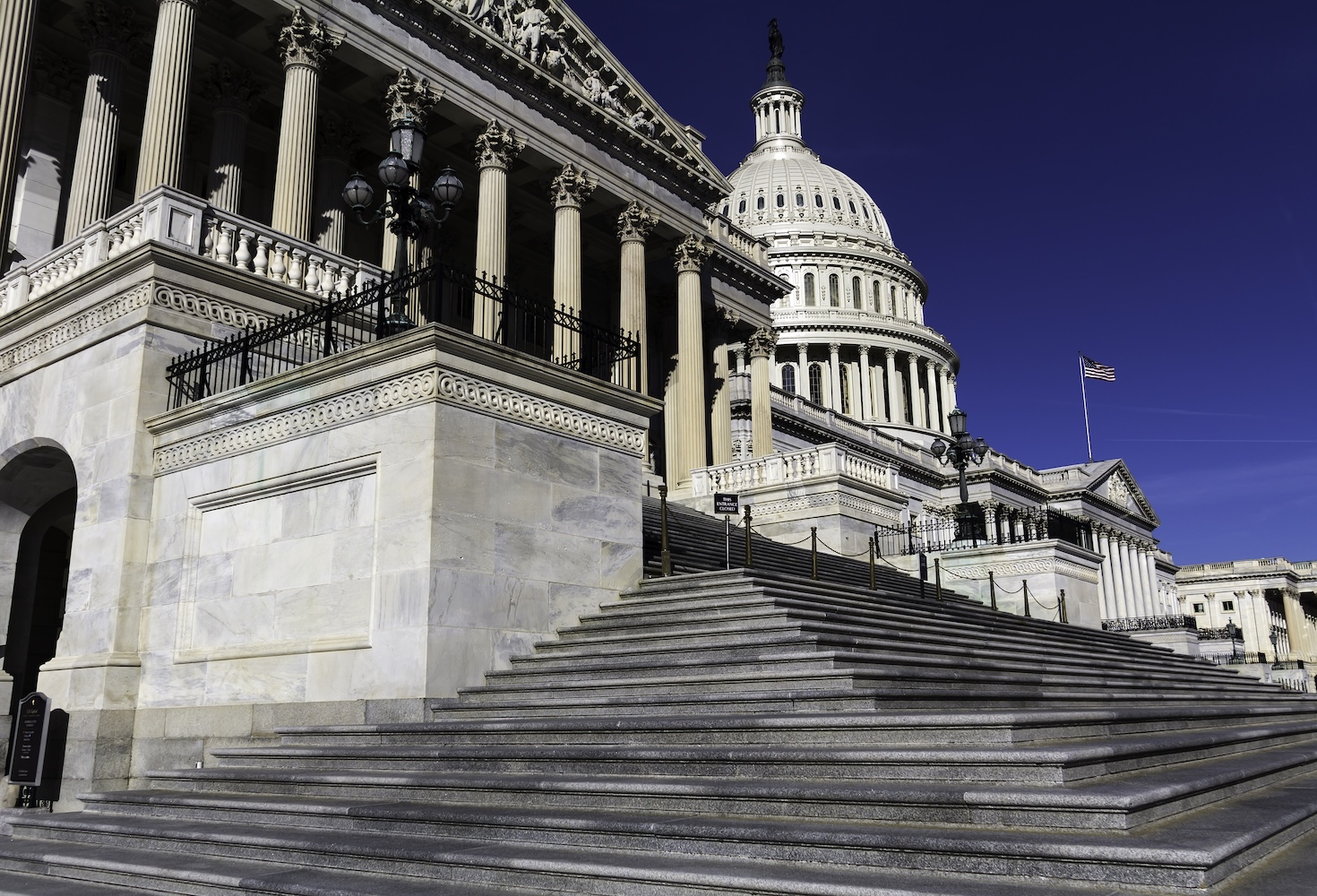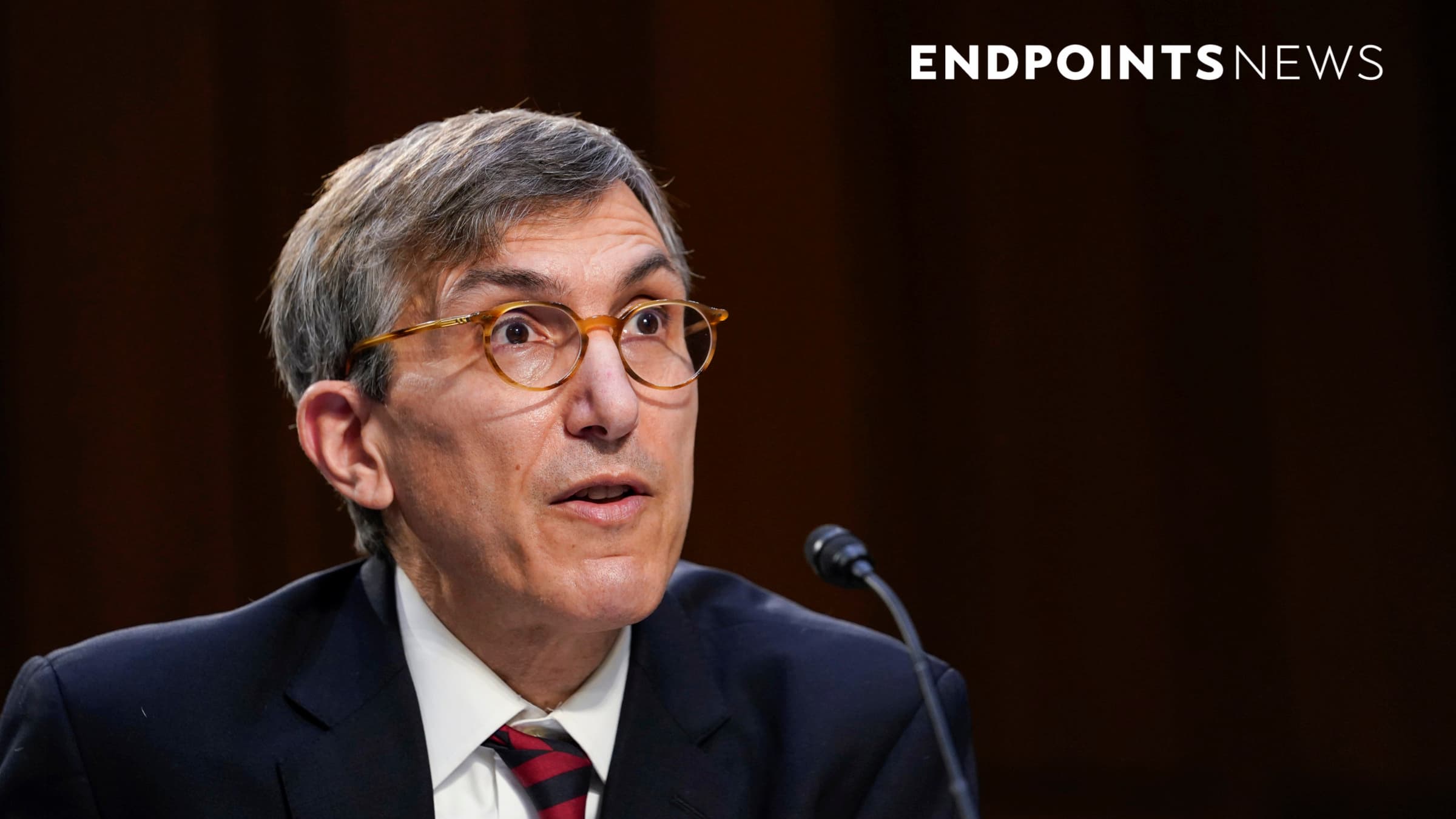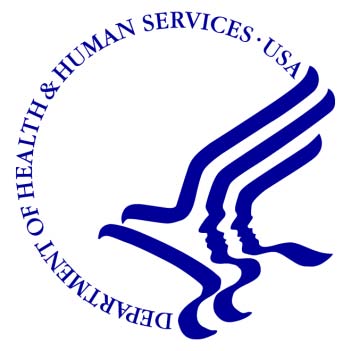Regulating the DTC Telehealth Boom: How Policies Are Shaping the Future of Prescription Fulfillment
The following is a guest article by Josh Rosaasen, Chief Operating Officer at Locke Bio The rise of direct-to-consumer (DTC) telehealth services has revolutionized how patients access medical care and prescriptions. Virtual consultations and digital pharmacies have provided unprecedented convenience, allowing patients to receive medications without in-person visits. However, this rapid growth has also led […]

The following is a guest article by Josh Rosaasen, Chief Operating Officer at Locke Bio
The rise of direct-to-consumer (DTC) telehealth services has revolutionized how patients access medical care and prescriptions. Virtual consultations and digital pharmacies have provided unprecedented convenience, allowing patients to receive medications without in-person visits. However, this rapid growth has also led to increasing scrutiny from regulators aiming to balance accessibility with patient safety. Federal and state agencies, including the Drug Enforcement Administration (DEA) and the Food and Drug Administration (FDA), are shaping the future of telehealth through evolving policies.
As the sector adapts, telehealth providers must navigate new compliance challenges, particularly regarding controlled substances, data privacy, and multi-state licensing. Companies that integrate compliance-driven infrastructure can better position themselves to meet regulatory demands while continuing to provide seamless prescription fulfillment.
The Changing Regulatory Landscape
DEA and FDA Oversight
The DEA has been at the forefront of telehealth regulation, particularly concerning controlled substances. During the COVID-19 pandemic, emergency measures allowed healthcare providers to prescribe medications remotely without requiring an initial in-person visit. These flexibilities were extended through December 31, 2025, but regulators have indicated that stricter rules may soon follow. Future DEA policies could require in-person evaluations for certain prescriptions, raising concerns about potential disruptions for patients who rely on telehealth for ongoing treatment.
The FDA also plays a key role in overseeing online pharmacies to ensure they comply with federal drug distribution laws. Telehealth providers must align with organizations like LegitScript, which certifies compliance with regulatory standards. Ensuring that prescription fulfillment adheres to both federal and state requirements is critical for maintaining legal operations in this rapidly shifting landscape.
State regulations add another layer of complexity. While telehealth is federally recognized, each state maintains its own set of rules governing online prescribing, provider licensing, and telehealth modalities. Some states mandate in-person visits before prescribing certain medications, while others impose restrictions on phone-based consultations, allowing prescriptions only after video calls. Additionally, healthcare providers must often obtain state-specific licenses to treat patients across borders. This patchwork of laws complicates multi-state telehealth operations, requiring providers to develop adaptable compliance strategies.
Prescription Fulfillment Challenges
One of the most pressing issues in telehealth regulation is the prescribing of controlled substances, particularly for conditions like ADHD and anxiety. Medications such as Adderall and Xanax have become more accessible through digital health platforms, prompting concerns about misuse. The DEA has proposed a special registration process that would allow certain telehealth providers to continue prescribing controlled substances remotely, provided they meet stringent compliance requirements. However, the lack of finalized guidelines leaves many telehealth companies in a regulatory gray area.
The rise of telehealth has also led to increased scrutiny over prescription fraud and misuse. Some online providers, often referred to as “pill mills,” have exploited regulatory gaps by issuing prescriptions with minimal medical oversight. In response, the American Telemedicine Association (ATA) and other industry organizations have advocated for balanced policies that preserve access while ensuring responsible prescribing practices.
Data security and privacy compliance are also central concerns in telehealth. Providers handle sensitive patient information, making adherence to the Health Insurance Portability and Accountability Act (HIPAA) essential. Additionally, the Federal Trade Commission (FTC) has reinforced requirements for transparency in patient data management, emphasizing the need for secure storage and sharing of medical records. Telehealth companies must implement robust security measures to protect patient information while maintaining compliance with these evolving regulations.
Navigating Regulatory Changes
As telehealth regulations continue to evolve, companies must take proactive steps to ensure compliance while maintaining service efficiency. One of the most effective strategies is integrating compliance-first infrastructure. Companies like Locke Bio provide regulatory-compliant telehealth platforms that enable healthcare brands to meet legal requirements while streamlining operations. By incorporating secure patient intake processes, HIPAA-compliant data management, and LegitScript-certified prescription fulfillment, telehealth providers can avoid regulatory pitfalls while focusing on patient care.
Artificial intelligence (AI) and automation are also playing an increasingly important role in telehealth compliance. AI-driven monitoring tools help detect potential prescription fraud, flag high-risk transactions, and ensure providers adhere to DEA and state regulations. Real-time compliance tracking systems allow telehealth companies to adjust workflows as laws change, minimizing the risk of regulatory violations. By leveraging AI, healthcare brands can enhance both efficiency and security in their prescription fulfillment processes.
Collaboration with policymakers and industry leaders is another key component of regulatory adaptation. Telehealth companies must engage in discussions with healthcare regulators, participate in public comment periods for proposed laws, and contribute to industry best practices. Organizations like the Digital Health Coalition and the ATA provide platforms for telehealth stakeholders to advocate for fair regulations that promote both accessibility and patient safety. By actively shaping policy discussions, telehealth providers can help create a regulatory environment that supports responsible innovation.
The Future of DTC Telehealth
Looking ahead, the regulatory landscape for telehealth and prescription fulfillment will continue to evolve. The DEA is expected to finalize long-term policies for telehealth prescribing, particularly concerning controlled substances. Digital pharmacies will likely face stricter compliance requirements to prevent misuse, while state legislatures may adopt more flexible licensing frameworks to accommodate multi-state telehealth operations. The potential expansion of the Interstate Medical Licensure Compact (IMLC) could simplify the process for providers seeking to offer telehealth services across multiple states.
To remain competitive in this changing environment, telehealth providers must prioritize compliance and scalability. Companies like Locke Bio are well-positioned to support healthcare brands by offering integrated solutions that align with regulatory requirements. By investing in secure, adaptable infrastructure, telehealth companies can not only navigate current regulatory challenges but also position themselves for long-term success.
As government agencies refine telehealth policies, the industry must stay proactive, informed, and adaptable. By embracing compliance-first strategies, leveraging technology-driven solutions, and engaging in policy discussions, telehealth providers can continue delivering innovative healthcare solutions while meeting the highest standards of safety and compliance.
 About Josh Rosaasen
About Josh Rosaasen
Josh Rosaasen is the Chief Operating Officer at Locke Bio, a digital health platform revolutionizing how branded telehealth services are launched. He has been a driving force behind the company’s rapid growth, expanding its client base, diversifying revenue streams, and enhancing its market-leading platform. Before joining Locke Bio, he led high-impact strategic initiatives within the cannabis industry and advised multibillion-dollar retail clients as a management consultant. A lifelong advocate for healthcare innovation, he has also contributed to published research and spearheaded leadership initiatives with the Canadian Cancer Society.










































































































.jpg?#)




































